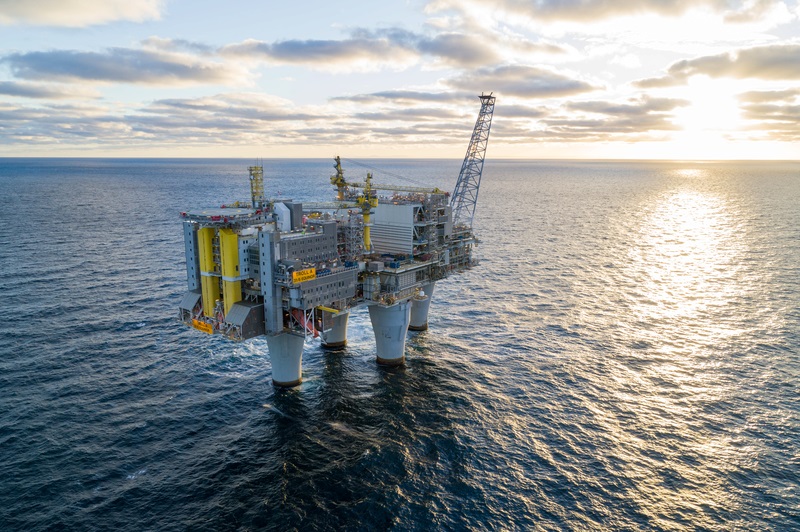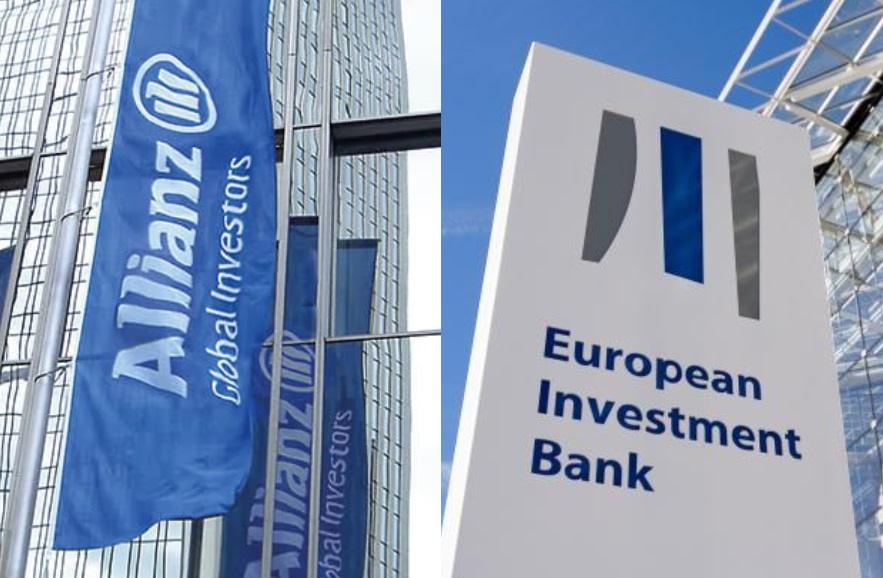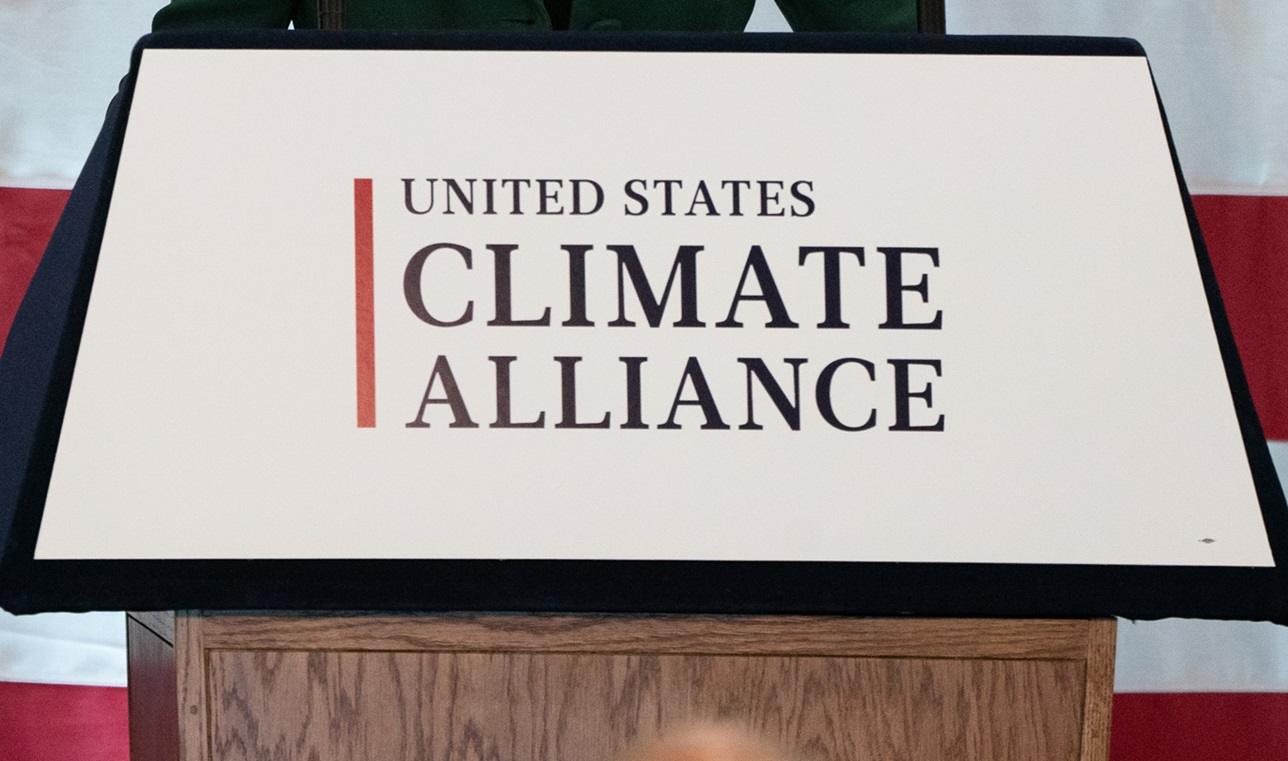Equinor Aims for Net Zero Emissions by 2050, Expects Declining Oil & Gas Demand After 2030
Norway-based energy company Equinor announced today a new sustainability goal, aiming to reach net zero emissions by 2050, including both emissions from production and final consumption of energy. The company’s new ambition was declared as along with the installation today of Anders Opedal as Equinor’s new Chief Executive Officer and President.
Opedal said:
“Equinor is committed to being a leader in the energy transition. It is a sound business strategy to ensure long-term competitiveness during a period of profound changes in the energy systems as society moves towards net zero. Over the coming months, we will update our strategy to continue to create value for our shareholders and to realise this ambition.”
He added, “Equinor has for years demonstrated an ability to deliver on climate ambitions and has a strong track record on lowering emissions from oil and gas. Now, we are ready to further strengthen our climate ambitions, aiming to reach net zero by 2050.”
Equinor stated that while the company expects to deliver an average annual oil and gas production growth of around 3 percent through 2026, the company is preparing for an expected gradual decline in global demand for oil and gas from around 2030 onwards. In the longer term, Equinor expects to produce less oil and gas than today.
As the company prepares for the coming energy transition, it expects renewable energy to be a significant growth area, and it will establish renewables as a separate reporting segment, beginning Q1 2021. Equinor has previously set ambitions for profitable growth within renewables and expects a production capacity of 4-6 Gigawatts (GW) by 2026 and 12-16 GW by 2035. The company stated that it now plans to expand its acquisition of wind acreage, with the aim of accelerating profitable growth and will continue to leverage its leading position in offshore wind.
Other initiatives the company expects to take on the road to net zero include the development of low-carbon technologies and establish zero-emission value chains, including carbon capture and storage markets, and competitive hydrogen technologies. These efforts align with recent announcements by the company, including its participation in the development of a clean hydrogen plant in the UK, its support for the creation of low-carbon and zero emissions shipping technologies, and a partnership with bp to develop offshore wind projects in the US.
Opedal added:
“Climate change is a shared challenge. The combined efforts of governments, industries, investors and consumers are crucial to reaching net-zero emissions, for Equinor and for society. Together, we can overcome technological and commercial challenges, cut emissions, and develop CCS and zero-emission value chains for a net-zero future.”





